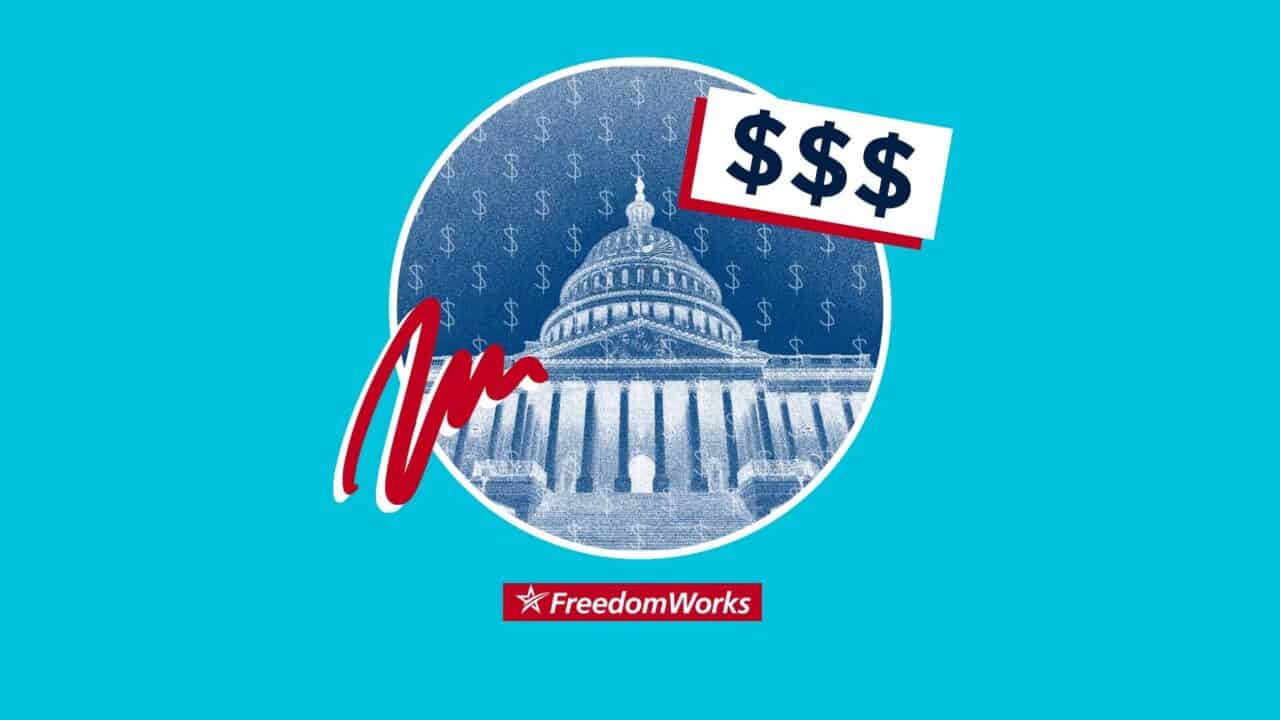Zero Rates of Interest, Price Controls, and Donut Holes

As seen in Real Clear Markets
“Compound interest is the eighth wonder of the world.” Albert Einstein is tied to the previous assertion. Was the quote apocryphal? If so, so what? It’s something someone wise like Einstein at least would have said. When it comes to savings, time is the most crucial driver of wealth. If you doubt this, read up on Warren Buffett. Always rich, the vast majority of his staggering wealth accrued from the age of 60 and beyond. Buffett knew from a young age what a popular quote says Einstein similarly knew.
Please think about this in terms of the Federal Reserve, Congress, and the never-die notion of price-controlled pharmaceutical drugs. There’s a connection here. Consider it first through the prism of zero rates of interest.
The above rate is what the Fed retreats to in times of turmoil, and frequently when there isn’t. A more ridiculous conceit than a “zero” rate would be hard to find. That is so because the most crucial – by far – driver of wealth accumulation is time. See Einstein, and see Buffett if you’re still scratching your head. Then think again about the Fed’s attempts to decree costless credit. It can’t, nor could it ever do any such thing. The mildly sentient know this based on the truth about compound interest and other returns. Why loan out for nothing the very wealth that can be multiplied over time if merely put to work in conservative fashion?
It’s all a reminder that when it comes to the Fed’s efforts to control the price of credit, it’s doing no such thing. A price control with “zero” is a unicorn, interest-rate edition. Put as simply as possible, if the Fed could decree lending at a zero rate, there wouldn’t be any lending to speak of.
All of this is a useful jumping off point to the childish notion of pharmaceutical price controls. They’re a sad reminder that abjectly foolish ideas frequently refuse to die.
By now, most readers are familiar with the basics of this. Year in and year out politicians promise inexpensive access to drugs produced by what is often described as “Big Pharma.” Supposedly the pharmaceutical companies “gouge” those in need of drugs, and since they allegedly do, politicians grandstand with promises of “affordable” access to the fruits of Big Pharma’s genius. Up front, politicians are superfluous here.
To see why, consider Silicon Valley. Technologists in northern California have for decades been relentlessly pushing down the prices of everything – think computers, smartphones, broadband access, etc. – not out of benevolence, but because investors reward with high valuations the corporations that produce the most for their customers at the lowest cost. To then pretend that the pharmaceutical sector is somehow different, and that there’s no market reward attached to producing brilliant life and health savers at lower costs, is just naïve. In other words, if there were a way to bring down drug prices, entrepreneurs would have already done it. No decrees needed.
Which reminds us that the source of expensive drugs is the gargantuan amount of costly trial and error that goes into their creation. Figure that it took over 40 tries for Rocket Chemical Company to create something as prosaic as WD-40, so imagine the amount of time and pricey experimentation that goes into advances meant to vastly improve our health. Drugs are frequently expensive as a consequence of the nosebleed costs that precede their creation. Kind of basic stuff.
Thought of in terms of price controls, it’s no insight to point out that if government caps prices on pharmaceutical drugs, the drugs capped will soon be scarce. Really, what corporation is going to bring to market drugs meant to improve health and elongate life if there will be no financial reward for doing so?
More important, what corporation can bring brilliant drugs to market if politicians are decreeing what they create “affordable”? The answer is none. See the early discussion of zero rates and compound interest once again. It’s worth stressing yet again that the most important factor when it comes to wealth accumulation is time, which means no investor is going to put wealth to work in pursuit of negative returns.
The simple truth about attempts at pharmaceutical price controls is that underlying what vandalizes reason is an attempt to force drugmakers to lose money on what they produce. Sorry, but it’s not happening. Corporations work for shareholders. Shareholders require returns. They’re what enable impressive wealth accumulation over time. When something is decreed costless, or unprofitable based on artificially enforced pricing, the obvious result is scarcity.
In the real world there’s no such thing as zero rates of interest, and for the same reason there’s no such thing as a pharmaceutical price control. There’s only scarcity if what’s mindless is actually imposed. Let’s call price controls what they are: donut holes. They’re there, but they’re not really there.
John Tamny is editor of RealClearMarkets, Vice President at FreedomWorks, a senior fellow at the Market Institute, and a senior economic adviser to Applied Finance Advisors (www.appliedfinance.com). His most recent book is When Politicians Panicked: The New Coronavirus, Expert Opinion, and a Tragic Lapse of Reason.



